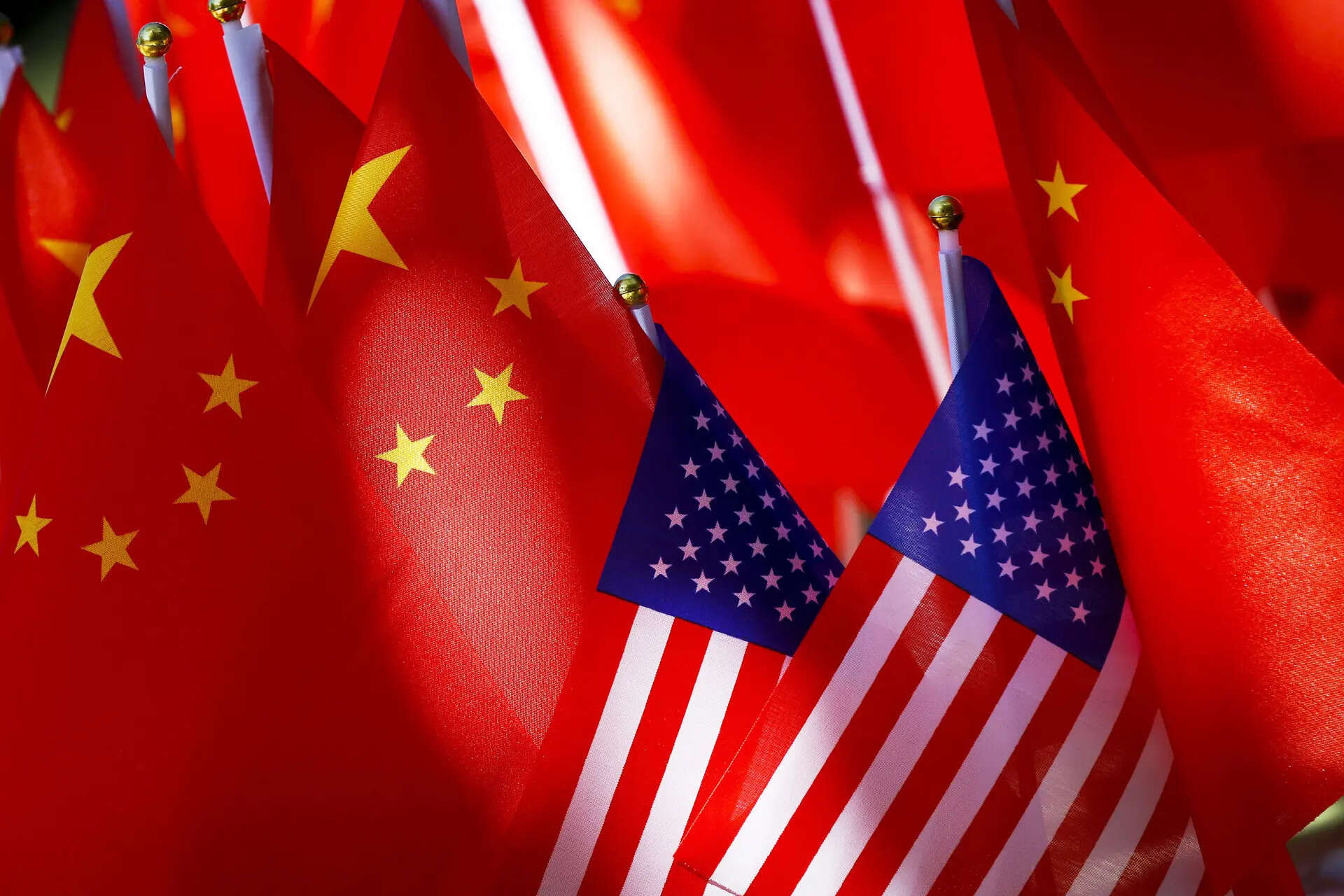US soybean trade with China is set to resume after months of halted purchases due to tariff tensions. China has agreed to buy 12 million metric tonnes this season and 25 million tonnes annually for three years, a significant step towards restoring normalcy for American farmers.
A New Chapter for US-China Trade: Soybean Deals on the Horizon
The winds of trade are shifting, and it appears a significant agreement is taking shape between the United States and China. After periods of tension and fluctuating markets, signs point to a renewed commitment from Beijing to purchase substantial quantities of American soybeans over the next three years. A potential deal of this magnitude – possibly reaching 25 million tonnes – carries considerable weight, not only for farmers across the American Midwest but also for the broader global agricultural landscape.
This wouldn’t just be about soybeans; it could signify a thaw in the wider US-China trade relationship. The past few years have been marked by tariffs and uncertainties, impacting supply chains and leaving businesses on both sides feeling the pinch. A large-scale soybean purchase could be a crucial step toward restoring stability and fostering more predictable trade patterns.
What’s Driving the Demand for US Soybeans?
Several factors are likely contributing to China’s renewed interest in US soybeans. First and foremost, China’s growing population and increasing demand for animal feed are key drivers. Soybeans are a vital ingredient in livestock diets, and as China’s appetite for meat products continues to rise, so too does its need for soybean imports.

Furthermore, the agreement could be tied to China’s efforts to diversify its import sources. While Brazil has been a major supplier of soybeans to China, relying heavily on a single source can expose them to risks related to weather events, logistical challenges, and geopolitical factors. Sourcing from multiple countries, including the United States, allows China to hedge its bets and ensure a more stable supply of this crucial commodity.
Impact on American Farmers and the Economy
For American farmers, news of a potential large-scale soybean deal with China comes as a welcome relief. The agricultural sector has faced considerable headwinds in recent years, including trade disputes, unpredictable weather patterns, and fluctuating commodity prices. A guaranteed buyer for a significant portion of their soybean crop could provide much-needed stability and boost their bottom lines.
This increased demand also has the potential to ripple through the wider American economy. Increased exports translate to more jobs in agriculture, transportation, and related industries. It could also lead to higher prices for soybeans, which in turn would benefit farmers and stimulate investment in agricultural infrastructure. The entire soybean supply chain, from seed manufacturers to shipping companies, stands to gain from this renewed trade activity.
Broader Implications for Global Trade
The potential US-China soybean deal extends beyond the borders of these two nations. It could set a precedent for other countries to increase their purchases of American agricultural products. As one prominent voice recently pointed out, more nations may follow suit in buying American soy. This could lead to a more diversified global market for US soybeans, reducing reliance on any single buyer and further stabilizing the agricultural sector.
Moreover, such a deal could have implications for global food security. Ensuring a stable supply of soybeans, a key ingredient in animal feed and various food products, is essential for meeting the growing global demand for food. By fostering cooperation between major producers and consumers, agreements like this can contribute to a more resilient and sustainable global food system. Consider the impact on related agricultural sectors, such as corn production, an important complement to soybean farming; you can explore the evolving corn market dynamics in this article about future trends in agriculture.
What Does the Future Hold for US Soybean Exports?
While this potential agreement is encouraging, several factors could influence the future of US soybean exports. Geopolitical tensions, trade policies, and fluctuations in global demand will all play a role. Continued dialogue and cooperation between the US and China are essential for ensuring the stability and predictability of the soybean trade.
Ultimately, the success of this potential deal hinges on both sides fulfilling their commitments and fostering a relationship built on mutual trust and benefit. If both nations are able to work together effectively, it could pave the way for a more stable and prosperous future for the agricultural sector and the global economy as a whole.
Conclusion:
This potential agreement for China to purchase substantial amounts of US soybeans represents a significant opportunity for both nations and the global agricultural market. While challenges undoubtedly remain, this development signals a positive step toward greater stability and cooperation in agricultural trade. The long-term impacts of this development on US soybeans and global trade patterns are something the agricultural community and policymakers should watch closely.







